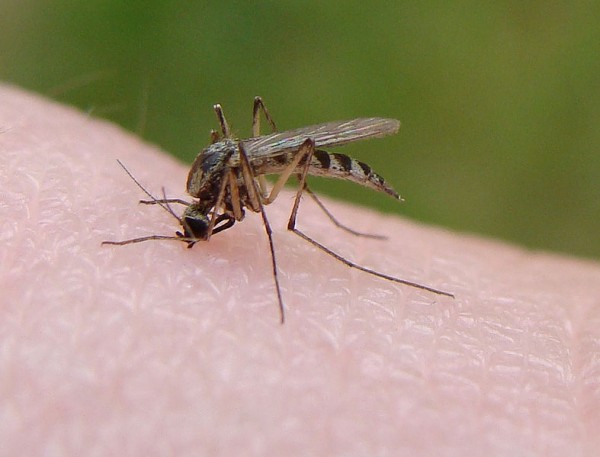
The Zika Virus went from a relatively unknown mosquito borne virus to a worldwide epidemic in a little over a year. To date, there have been over a million and a half cases recorded in Brazil and as of January 2016 the virus has spread to more than 30 countries.
As a disease on to itself, the Zika Virus is not all that threatening. Symptoms include fever, a rash and body pain similar to a regular flu. However, the spike in Zika cases in Brazil saw the increase of babies born with birth defects. While the link between the virus and abnormal births have yet to be proven, researchers are already in the thick of confirming the two maladies' relationship.
At present, scientists from all over the world are knee deep in research to try to discover a vaccine for the Zika Virus. In fact just recently, a few of the leading health groups have agreed to have an open exchange of data and results that would lead to the halt of the recent disease outbreak.
Organizations including the Biotechnology and Biological Sciences Research Council and ZonMw - The Netherlands Organization for Health Research and Development have joined in the signing of the declaration aimed to make Zika research available and free of charge.
"Research is an essential part of the response to any global health emergency. This is particularly true for Zika, where so much is still unknown about the virus, how it is spread and the possible link with microcephaly. It's critical that as results become available they are shared rapidly in a way that is equitable, ethical and transparent" quipped Dr. Jeremy Farrar from the Wellcome Trust and a signatory of the declaration.
Over 30 government, non-profit, and academic institutions have signed the recent declaration. Read the pledge in full here.



